FSC Taiwan Regulatory Entity

In this article
The Financial Supervisory Commission, FSC, is an independent authority body in Taiwan. Taiwan’s financial services and industries are regulated by this government agency.
In addition to determining financial policy, it drafts regulations with which it protects the entire financial industry.
In addition, this body is also responsible for managing financial examinations and supervising financial institutions. The FSC issues regulations governing financial services on a general basis.
The Banking Bureau regulates regulatory banks in collaboration with the Financial Services Commission. The Examination Bureau is also responsible for financial inspections and audits of the financial institutions subject to FSC regulation.
Taiwan’s central bank, the Central Bank of the Republic of China (Taiwan), regulates credit policies and monetary services. In addition to managing official foreign exchange reserves, it adjusts the reserve ratios and inspects banks.
In addition, the Central Deposit Insurance Corporation (CDIC) is also delegated under the Deposit Insurance Act to handle any issues related to insurance deposits.
Therefore, as well as managing the deposit insurance risk, they also deal with failing or already failed insured institutions.
Main objective
A primary objective of the FSC is to conduct a comprehensive review of supervision, development, examination, and management of financial services. In addition, however, it aims to maintain financial stability and improve financial institutions.
The FSC plays an important role in the development of the financial market. As soon as FSC began working, it committed to making global and international financial environments more efficient, fair, and sound. Among its responsibilities are overseeing, examining, and managing the financial markets and services of the financial institutions!
To ensure that there is sustained growth in the financial industry and industrial development, they ensure that the interests of the consumers and investors are fully protected.
What is the role of the Financial Ombudsman Institution (FOI) in FSC?
The Financial Ombudsman Institution (FOI) works under the supervision of Chapter III and Article 13 of the Financial Consumer Protection Act (FCPA).
As an independent body, it is often responsible for introducing a fair, reasonable, and effective dispute resolution process among all financial consumers. This service is free of charge.
If any two parties or a dispute is arising between consumers and investors, then the FOI department of FSC will step in and make some necessary resolution changes.
First, a proper application needs to be filed to resolve the dispute between the two parties, after which FOI will take instant action.
What is a moneywise website on FSC?
FSC has just recently introduced the MoneyWise Website, which is http://moneywise.fsc.gov.tw. This website started working in 2009 where it is providing the public with some opportunities for strengthening financial literacy.
The website includes some financial materials for each level, such as students, adults, and elders. This often comprises the financial product as well as interests and the rights of the financial consumers.
For proper and accurate wealth management, tools and calculators are introduced. By the end of 2020, this website was used by more than 10.72 million visitors.
Importance of financial knowledge promotion area in FSC
Through the development of accurate ideas about consumer loans and financial matters, it will reduce consumer disputes. Moreover, it will prevent financial crimes and protect the interests of consumers.
Financial literacy should never be underestimated, and this is an undeniable fact.
Different international organisations are involved in promoting financial literacy. In addition, they enable the use of few financial products and services, which can further narrow down the entire wealth gap and improve people’s overall well-being.
Financial literacy promotion has always been a significant policy of FSC.
Since 2006, FSC has been implementing the “financial literacy promoting plan” to strengthen financial literacy and reshape the entire financial architecture. In addition, it gives a few integrated resources that are related to primary education.
Additionally, they work with various groups, including women, seniors, and new immigrants, to improve. In addition to anti-money laundering and financial products for the ageing society, the focus has been highly focused on societal concerns.
In few major tasks of FSC, you will find a significant role being played for the financial knowledge promotion among the new investors. As a result, they are taught more about using financial tools through resources to survive in market disputes for a long time.
How to open a deposit account?
The local banking institution will review all the documents filed by the foreign national if you want to open a deposit account.
Any foreign national person:
- A foreign natural person who does not have a residence certificate or is a non-citizen ROC national should have a passport with a legal entry visa. They can also apply if they have the overseas compatriot identity certificate issued by the Overseas Community Affairs Council ROC (Taiwan) and should have the Record of ID No. in the Republic of China.
- Individuals from the Mainland Area without the resident certificate should be having an exit or entry permit and few more identification documents.
Any foreign (including the Mainland Area) juridical person:
- Certificate of the registration as the legal entities which are issued by their country.
- Copy of identification certificate of the responsible person.
- A juridical person has issued power of Attorney for the designation of the agent or representative in Taiwan.
- The Business Administration Number has been issued by the regional National Tax Administration of the Ministry of Finance.
All the consumers and investors associated with the FSC Taiwan body can also place their complaints in case of any financial issues.
However, the complaint is addressed only if the organisation believes that the complaint was made considering the rules and regulations of the organisation.
Bottom line
In summary, we conclude that the FSC Taiwan Regulatory entity plays a significant role in regulating financial bodies and industry.
Maintaining financial market stability plays an essential role in ensuring proper safety and establishing a sound financial institution. Therefore, FSC Taiwan has a major role in maintaining a powerful financial market in the future.
Jason Morgan is an experienced forex analyst and writer with a deep understanding of the financial markets. With over 13+ years of industry experience, he has honed his skills in analyzing and forecasting currency movements, providing valuable insights to traders and investors.
Forex Content Writer | Market Analyst
Relevant Posts

SEC Regulatory Entity
[top_three_brokers] SEC stands for US Securities and Exchange Commission, an independent regulatory agency supervised by…
Read more

FMA New Zealand Regulatory Entity
[top_three_brokers] FMA is the abbreviation of Financial Market Authority. The Financial Markets Authority is playing…
Read more

FCMC Regulatory Entity
[top_three_brokers] The Financial and Capitals Market Commission is an independent regulatory entity set up in…
Read more

KROUFR Regulatory Entity
[top_three_brokers] The Financial Market Participants Relations Regulation Commission, KROUFR, is a non-profit regulatory organisation. Its…
Read more

CBUAE Regulatory Entity
[top_three_brokers] The Central Bank of the United Arab Emirates, CBUAE, was founded in 1980 and…
Read more

FMA Liechtenstein Regulatory Entity
[top_three_brokers] The Financial Market Authority, FMA, is the main agency for financial regulation in Liechtenstein.…
Read more

FSC Korean Regulatory Entity
[top_three_brokers] Korean FSC Regulatory Entity (The Financial Services Commission -Korea) is a government-run organisation responsible…
Read more

FCA Regulatory Entity
[top_three_brokers] Currently, the Financial Conduct Authority (FCA) regulates the financial services industry in the UK…
Read more

SFC Regulatory Entity
[top_three_brokers] The Securities and Futures Commission of Hong Kong is known as the SFC. As…
Read more

ASX Regulatory Entity
[top_three_brokers] ASX is an Australian Securities exchange created by the merger of Sydney Features and…
Read more

SEC Regulatory Entity
[top_three_brokers] SEC stands for US Securities and Exchange Commission, an independent regulatory agency supervised by…

FMA New Zealand Regulatory Entity
[top_three_brokers] FMA is the abbreviation of Financial Market Authority. The Financial Markets Authority is playing…
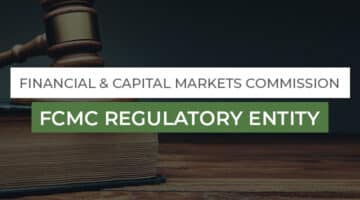
FCMC Regulatory Entity
[top_three_brokers] The Financial and Capitals Market Commission is an independent regulatory entity set up in…
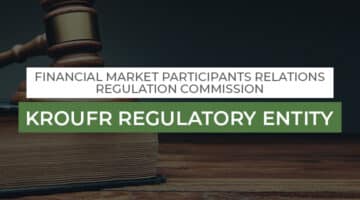
KROUFR Regulatory Entity
[top_three_brokers] The Financial Market Participants Relations Regulation Commission, KROUFR, is a non-profit regulatory organisation. Its…
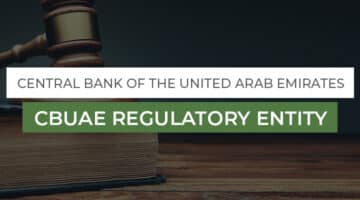
CBUAE Regulatory Entity
[top_three_brokers] The Central Bank of the United Arab Emirates, CBUAE, was founded in 1980 and…
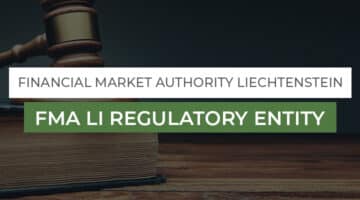
FMA Liechtenstein Regulatory Entity
[top_three_brokers] The Financial Market Authority, FMA, is the main agency for financial regulation in Liechtenstein.…
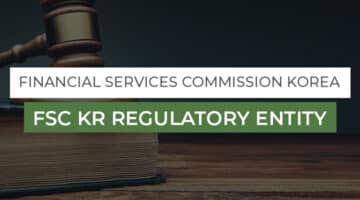
FSC Korean Regulatory Entity
[top_three_brokers] Korean FSC Regulatory Entity (The Financial Services Commission -Korea) is a government-run organisation responsible…

FCA Regulatory Entity
[top_three_brokers] Currently, the Financial Conduct Authority (FCA) regulates the financial services industry in the UK…
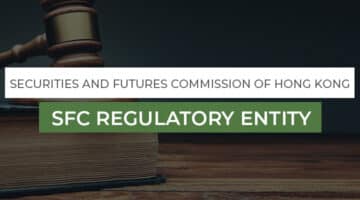
SFC Regulatory Entity
[top_three_brokers] The Securities and Futures Commission of Hong Kong is known as the SFC. As…
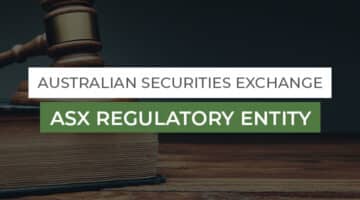
ASX Regulatory Entity
[top_three_brokers] ASX is an Australian Securities exchange created by the merger of Sydney Features and…


